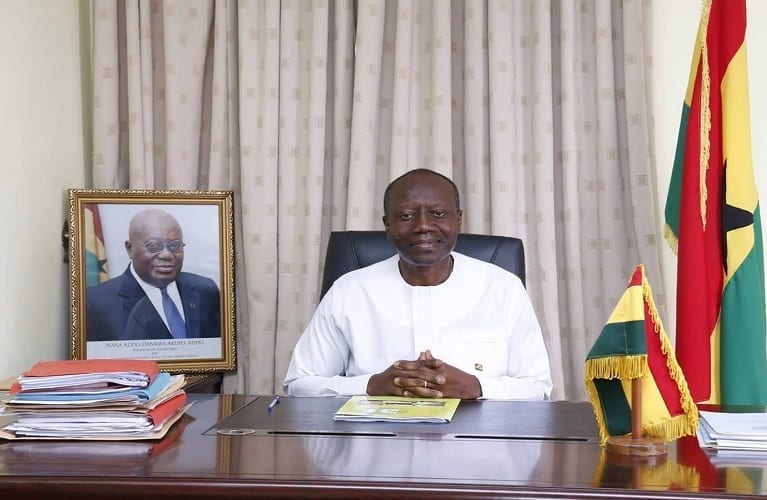
Global Capital markets on Tuesday further voted confidence in the Ghanaian Economy with a five times over-subscription of the countries 3 BillionUSD Eurobond sale at very low rates comparatively.
While Ghana went to the Markets to raise 3b USD, investors responded with a15b USD offer for Ghana’s new coupon rates.
Market watchers were initially worried Ghana may achieve little success in trading the new bonds at rates cheaper than the 7.88% and 8.13% of last year for 7 and 12 year bonds, the West African country further surprised watchers by pulling off 6.375% and 7.875% for 7 and 15year bonds respectively. Additionally, Ghana sold a41 year bond at a coupon of 8.875%, this will be the longest dated bond for an African Country. In 2019 the country sold a 31year bond at 8.95%.
Finance Minister, Ken Ofori Atta, who led Ghana’s team commented that the lower rates reflected Ghana’s further reduced risk premium demanded by the capital markets as a result of the consistently improving economic conditions.
He further commented that the five times oversubscription for the bonds represents very buoyant confidence in Ghana’s medium to long term economic growth prospects especially given the wider turbulence in the international capital markets due to the ongoing coronavirus epidemic.
Earlier in the week, Ghana’s currency had been adjudged the best-performing currency while its central bank had also been adjudged the best performing African central bank. A week earlier global rating agency Moodys had reviewed Ghana’s rating outlook from stable to positive, coinciding with the appreciation of the cedi within the first quarter of 2020.
The new managers of the Ghanaian economy who took over in 2017, say the proceeds will mostly be injected into infrastructure, energy and initiatives that deliver more growth, jobs and incomes to the Ghanaian people.
Background
This is Ghana’s 8th Eurobond Issuance. In the last election year,2016, Ghana was forced to take a coupon rate of 9.25% for a similar 7year bond. This followed an earlier failure when Finance Minister Seth Tekpeh was forced to withdraw from an auction owing to investor disinterest. In 2020, the west african country has cut rates down to 6.375% on a same tenor offer with a massive oversubscription indicating renewed investor confidence in the new managers of the economy and what they have managed to accomplish in just 3 years


